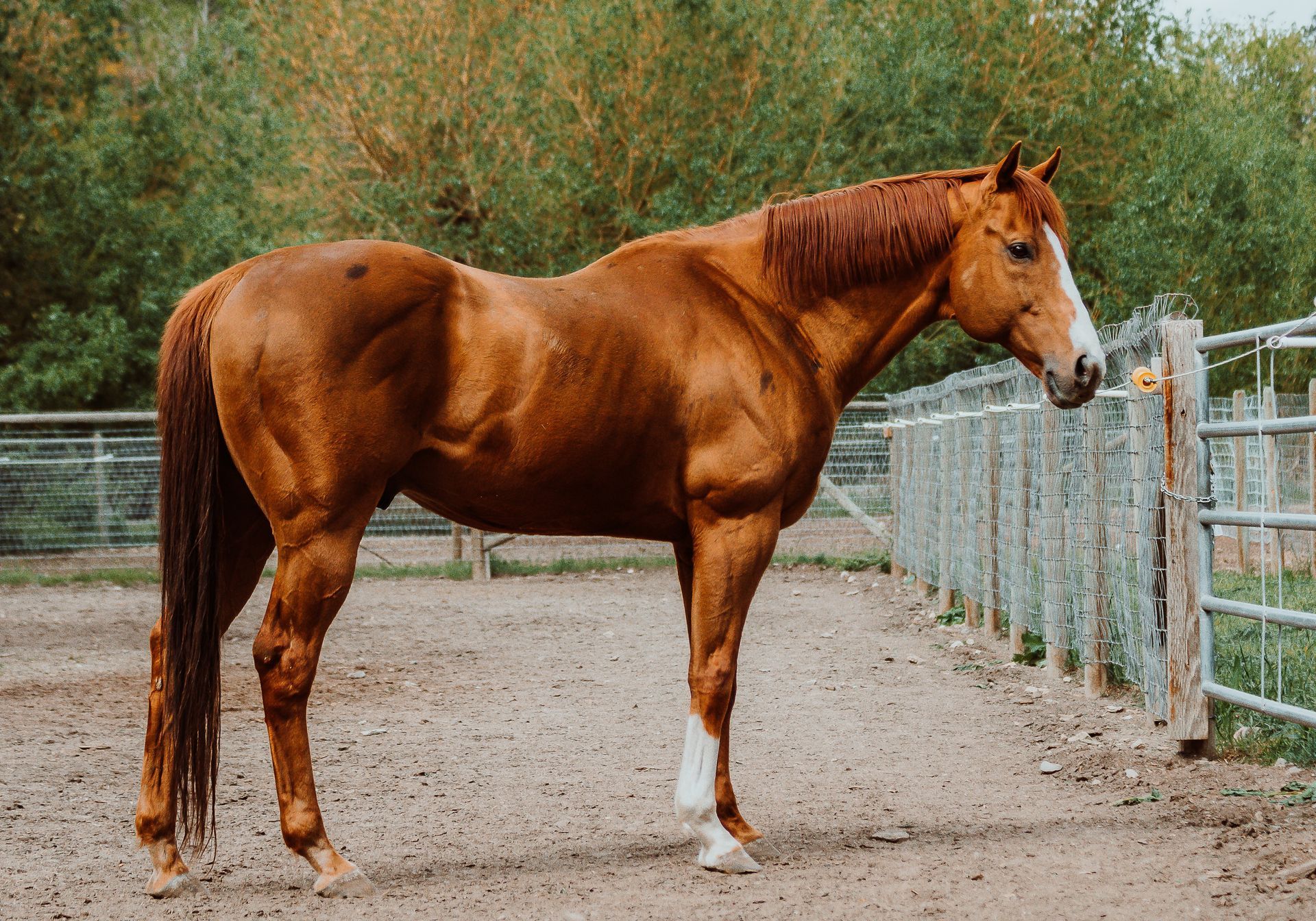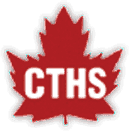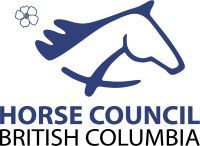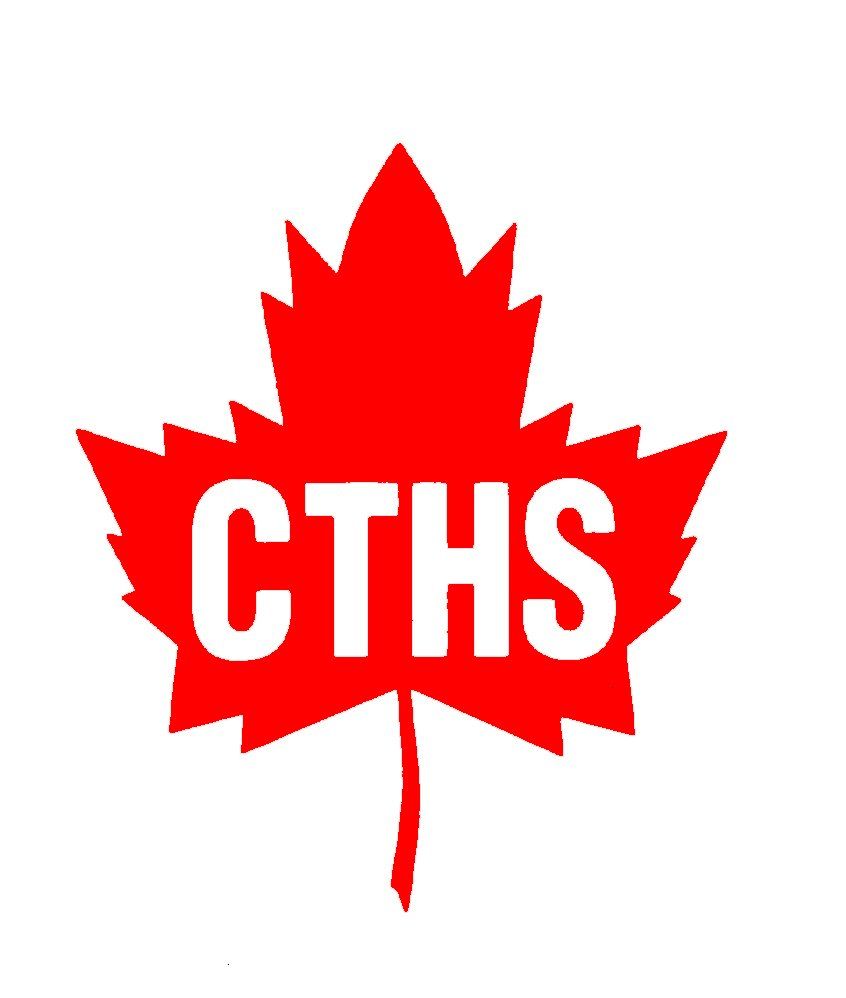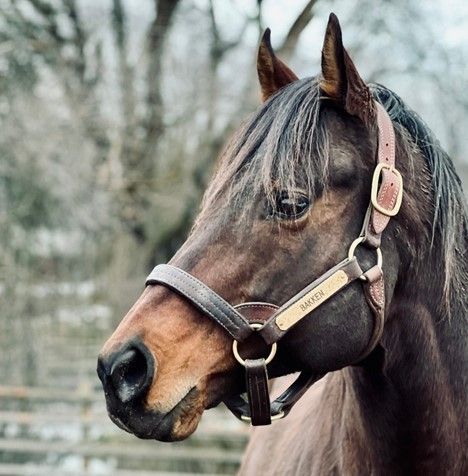The Key to Keeping BC's Horses Healthy
BIOSECURITY FOR THE EQUINE INDUSTRY
What Is Biosecurity?
Doing everything you can to reduce the chances of an infectious disease being carried onto your farm by people, animals, equipment or vehicles.
Showing Your Horse
Use your own trailer. Don’t ship your horses from other farms. Ship only in a trailer that has been cleaned and disinfected. If you can “smell horse” in the empty trailer, it has not been cleaned and disinfected properly. Don’t let your horse touch other horses, especially nose to nose and don’t share equipment (water and feed buckets, brushes etc.). Wash your hands, especially after helping other people with their horses. Don’t let strangers pet your horse, especially those with horses at home or people who have been out of the country in the past 2 weeks. Before leaving the show grounds, clean and disinfect tack, boots, equipment and grooming supplies.
Brush off dirt or manure then disinfect (spray or wipes are easy to take with you).When you get home, shower, blow your nose and put on clean clothes and shoes before going near other horses.
Bringing Horses Home from a Show
If one horse has been shown, all your horses need to be vaccinated. Horses that show can bring home germs. Discuss what vaccinations the horses need and how often with your veterinarian. If possible, isolate the horses for at least 2 weeks making sure there is no nose to nose contact.
Bringing in New Horses
Keep every new horse isolated for 30 days. Don’t use the same pitchforks, grooming tools, feed or water buckets for the new horse. Label separate tools with red tape, or use red brushes, etc. only for the isolation area. Work with the isolated horse last each day. Alternately, wear boots and coveralls when working with the isolated horse and remove them before working or going near other horses. You can keep these in a plastic covered tub near the horse.
When You Visit Other Farms, Show Grounds or Auction Marts
Have a pair of shoes or boots that you save for visiting and don’t wear around your own horse. Wear plastic shoe covers, plastic bags work well. If you are going to be working with horses on another farm, wear coveralls or plan to change clothes before returning to your horse.
When Visitors Come to You
It is best to have only one way in to your farm. Mark this as the main entrance. Keep parking areas away from the horses so disease carrying organisms are not tracked from tires. If the farrier or veterinarian needs to park closer, be sure their tires and shoes have been disinfected. Keep a visitor’s log. If a disease outbreak occurs, your log might help trace the problem. Provide clean outerwear (coveralls) and boots. Plastic disposable booties are suitable for shorter visits but can be slippery and subject to tears.
Using Disinfectants
How to Disinfect
Surfaces must be clean for disinfectant to work. Brush off loose dirt and manure. If possible, wash the item with detergent first (laundry or dish soap works well) and then use a disinfectant. Tack can be wiped with a disinfectant wipe or a disinfectant dampened cloth. Shoes can be brushed or scrubbed off and then sprayed with disinfectant.
Examples of Disinfectants
Household Bleach: Mix 3/4 cup of bleach per gallon of water. If you don’t have a measuring cup handy, you can mix 1-part bleach to 10 parts water. This formula works for shoes, grooming equipment, buckets, shovels, and pitchforks. When you use bleach, make sure all dirt and manure have been cleaned off first.
Spraying Disinfectants
Be sure the label says it kills bacteria and viruses. Sprays can work well on shoes, grooming equipment, and tack. Try to remove all manure before spraying.
Hand Sanitizer
They come in gels or hand wipes. These are good for use at a show or after visiting other horses. Be sure to work the cleaner all through your fingers and under the nails.
Other Commercial Disinfectants
Always mix and use according to the label. Use products that are effective even when there is a little manure or dirt left on the surface. These are good choices for disinfecting trailers and car tires, and they also work well in foot baths.
Take precautions to minimize the risk of introducing infectious disease and to prevent the spread of infection and disease.
YOU ARE THE BEST PROTECTION
YOUR HORSES HAVE!
Visitors who travel from farm to farm and work with livestock pose the biggest threat of passing along disease carrying organisms to our horses.
Horse Council BC
27336 Fraser Hwy.
Aldergrove, BC V4W 3N5
TF: 1-800-345-8055 P: 604-856-4304
